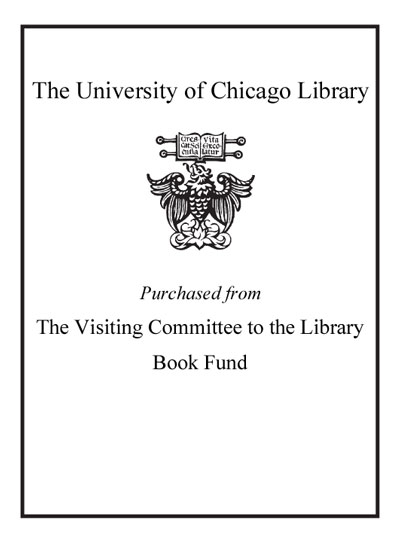Review by Choice Review
Indigenous peoples are often perceived by well-intentioned people as "victims of progress," a hardly empowering role. Anthropologist Goldin's insightful ethnography of four Maya townships in the Guatemalan highlands begins with the unequivocal recognition that Maya people continue to face serious problems. These include structural constraints that have limited the Maya's access to land, health, and resources; a history of racism and discrimination; and the disruptions occasioned by a new world system. However, these ills are not the only story. Over the course of more than a decade of fieldwork, Goldin (Florida International Univ.) "noticed major changes taking place, as each of the towns intensified various forms of production and became more intimately linked to the market." The book details these changes, which include the production of nontraditional agricultural exports, long-distance trade, artisan production, and wage labor in new industries. As in comparable locations, the global takes on local meaning--hence "global Maya"--and the adjustments and shifts that people discussed with the author are "based on local practices, embedded in cultural assumptions about community and individual, self and other." In short, contact with global capitalism is not sufficient to explain change: it must first be made to fit a Maya cultural logic. Summing Up: Highly recommended. Upper-division undergraduates and above. O. Pi-Sunyer emeritus, University of Massachusetts at Amherst
Copyright American Library Association, used with permission.
Review by Choice Review

